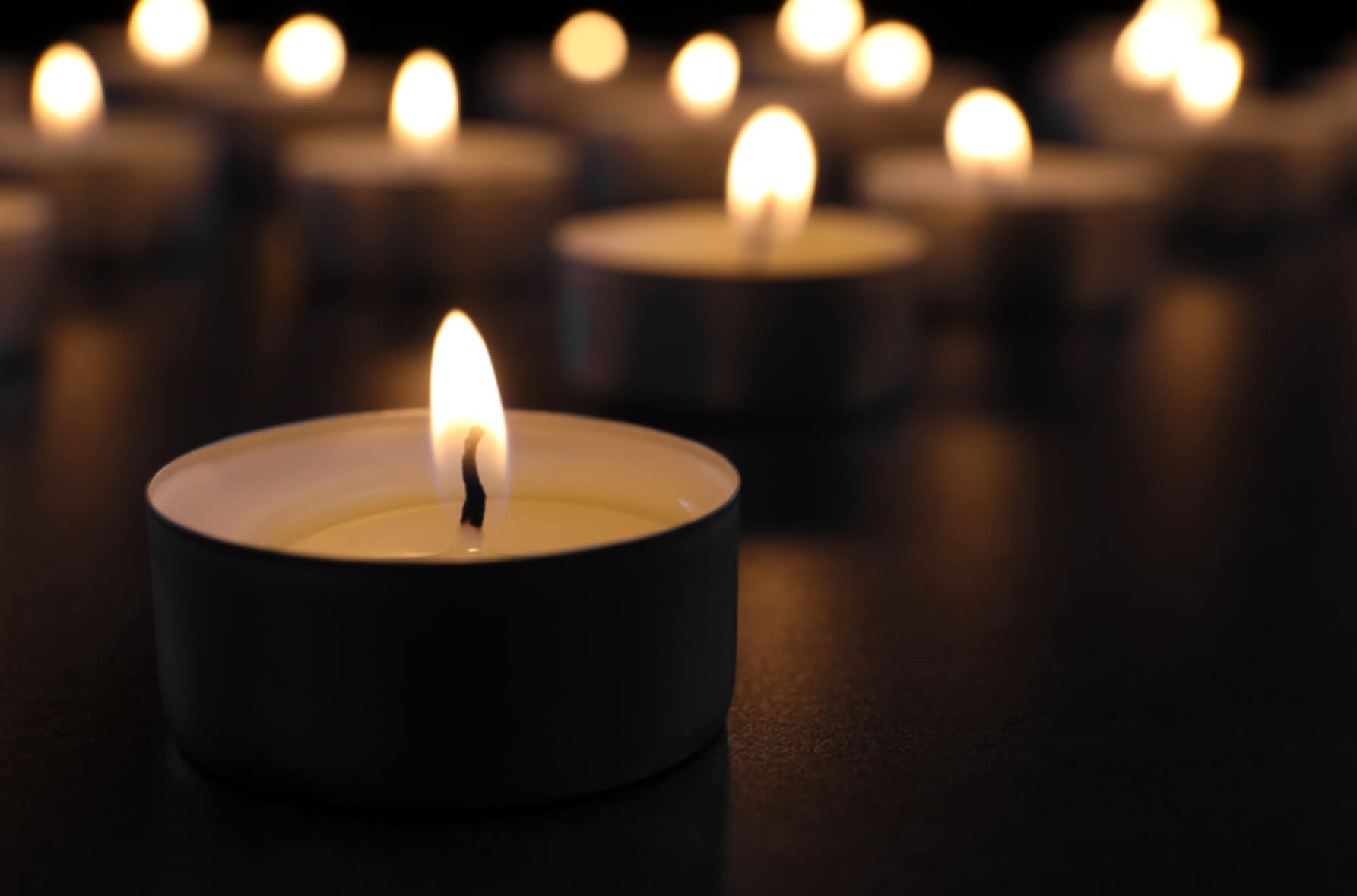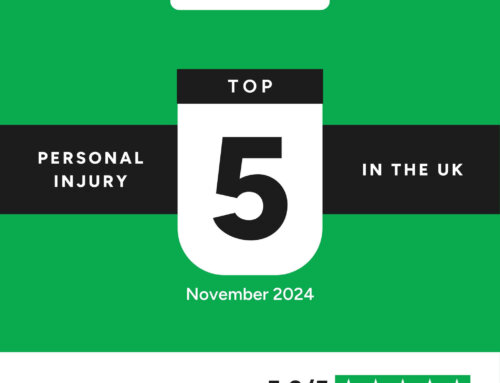The government has recently dashed hopes of any imminent changes being made to the law relating to bereavement damages. In answer to a parliamentary question tabled by the MP for Cardiff North, Anna McMorrin, Justice Minister, Chris Philp, responded by saying:
“The Government believes that the existing system involving a fixed level of award and clear eligibility criteria represents a reasonable, proportionate and practical approach, and the Government does not currently have any plans for wider consultation on the bereavement damages regime or the Fatal Accidents Act more generally.”
A bereavement award is a form of compensation paid to the families of a loved one who has died following an act of negligence by another person in an incident, such as a road traffic accident, an accident at work or in a case of medical negligence.
In England and Wales, the amount a bereaved family receives is fixed at £15,120. The amount was increased from £12,980 in May 2020 by ‘The Damages for Bereavement (Variation of Sum) (England and Wales) Order 2020 It was the first increase in seven years.
Only certain family members can claim the award and they are:
- The spouse or civil partner of the deceased.
- A cohabitee who lived with the deceased for at least two years
- The parents of unmarried children under the age of 18 (or, if the child is ‘illegitimate’, the mother only)
The slight increase in the amount of the bereavement award, and the inclusion of cohabitees as family members entitled to claim it (as long as they had lived together for two years or more), only came about because the government’s hand was forced by the case of Smith v Lancashire Teaching Hospitals NHS Trust in which the Judges of the Court of Appeal declared section 1a of the Fatal Accidents Act to be incompatible with Article 8 of the European Convention on Human rights, on the basis that it limited entitlement to the bereavement award to only the wife, husband or civil partner of the deceased (or the parents of a child under 18).
The appeal court judges declaration of incompatibility in the Smith case, gave the government the perfect opportunity to review the whole law surrounding bereavement awards in England and Wales, had it wanted to. If it needed inspiration as to how beneficial changes to the law could be made, it only had to look at the way the Scottish legal system compensates families of those who die in accidents caused by another party, north of the border.
Bereavement Awards in Scotland
In Scotland, the Damages (Scotland ) Act 2011 provides a modern system that clearly outlines who can claim and what they are able to claim for, following the death of a family member in an accident caused by someone else. Scottish law allows for members of ‘the immediate family’ to claim, and they are defined as being:
- Spouse
- Civil partner
- Co-habitant
- Parents (including step-parents)
- Children (including step-children)
- Brother or sister of the deceased – includes half-siblings and those brought up in the same household
- Grandparents (or accepted by the deceased as if they were grandparents
The heads (type) of damages that can be claimed under Scottish Law, by members of the immediate family, include:
- Loss of society – This head of claim includes damages for grief, sorrow, anxiety, distress, and loss of guidance.
- Loss of financial support.
- Funeral expenses.
There is no capped amount for a bereavement compensation claim in Scotland. Generally speaking, bereavement awards are much higher north of the border, than in England and Wales. In Scotland, each case is looked at individually and the bereaved are treated sympathetically and compensated accordingly. Relationships between all family members are taken into consideration.
Whilst money can never compensate for the loss of loved ones, the Scottish system deals with the bereaved in an empathetic and dignified manner, whilst compensating them in a way that considers their particular individual circumstances.
Contrast this with the position in England and Wales.
The Government’s response to the report of the Joint Committee on Human Rights following the Smith case
Justice Minister Philp’s written response to Anna McMorrin’s parliamentary question (referred to at the beginning of this article) began with a defence of the government’s position:
“The government considered the case for reform when responding to a report by the Joint Committee on Human Rights in February 2020.”
Following on from the Smith case, the Joint Committee on Human Rights called for a wider review of the entitlement to bereavement awards over and above the concession that the government was forced to take, by the Court of Appeal when it extended eligibility for the award to some cohabiting couples.
The Committee also suggested the government should explore whether the Scottish model of awarding bereavement damages based on a case-by-case basis is fairer than the fixed lump sum model that exists in England, Wales, and Northern Ireland.
It is beyond the scope of this article to set out the government’s response to each and every suggestion of the committee in any detail. Suffice it to say that in response to many of the suggestions put forward by the committee, the government believed that its existing position was a mixture of ‘reasonable, proportionate and practical’, ‘fair’ and ‘not discriminatory’. The government’s full response can be found here.
However, the government did at least concede that it was an appropriate time to adjust the level of bereavement award damages. Hence the increase in the statutory fixed sum of the award to its present level of £15,120. Given the fact that the government turned its nose up at all other suggestions of reform set out in the Report of the Joint Committee on Human Rights 2019, an increase of just £2140 on the bereavement award could be seen as the one crumb of comfort in a plethora of bad news for bereaved family members of accident victims.
An alternative view might be that it was the ultimate insult to them.
Does this mean that there will be no further reform of the law relating to compensation for bereavement in England and Wales?
Left to its own devices the current government has shown that it has no interest in reforming what is a patently unfair system in so far as it relates to the way the bereaved relatives of faultless accident victims are both compensated and treated by the legal system of England and Wales.
Thankfully there are individuals and organisations who will not allow the subject of reform of the law relating to bereavement damages, to be simply kicked into the long grass.
In both the Houses of Parliament and the Senedd there are MP’s and AM’s, just like like Anna McMorrin, who are passionate about ensuring that the government is held to account on the matter of entitlement to bereavement damages and on the introduction of a fairer system of assessing those damages.
Anna McMorrin told Mooneerams:
Anna McMorrin MP
“The Government’s outright refusal to review the scope of eligibility for bereavement damages is a failure of victims and loved ones left behind during an incredibly distressing time.
“It is clear to me, having heard the experiences of family and loved ones excluded by outdated law, this is an injustice the Government must resolve.
“The law must reflect and respond to how people lead their lives in 2021 and beyond.”
In addition, The Association of Personal injury Lawyers (APIL) has long campaigned for reform to bring the law relating to bereavement compensation into the 21st Century.
APIL recognises that the law in Scotland treats the bereaved with much greater dignity and understanding than the law in England and Wales does.
Its campaign to get the law on bereavement damages reformed continues and it has produced a very readable report called Bereavement Damages: A Dis-United Kingdom.
One of the many interesting features of the report is the result of a poll that APIL commissioned YouGov to carry out in 2019. The findings of the report revealed that 69% of British adults think that £15,120 is too little compensation for the loss of a loved one and 73% believe that the amount of compensation for grief and trauma should vary according to the circumstances of each case.
The quest now is to get members of the public to convey to their MPs their attitude towards bereavement damages. If you would like help in putting together a letter to your MP on this topic, contact us on carl.waring@mooneerams.com and we’ll be pleased to help!
Finally, it is easy to write about bereavement damages as something abstract. However, this article is written by someone who in 1999 lost both parents to a car accident caused by a negligent lorry driver. Like anyone else who has lost a loved one to an accident that was not their fault, getting money for our parents’ death was the last thing on the mind of my sister and I. However, whilst the third-party insurers expressed sympathy and paid for the cost of a joint funeral – that was all. It felt cold and it felt wrong.
If you would like to read more on this topic, you may find the following articles useful:










